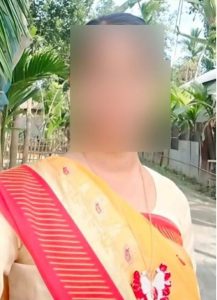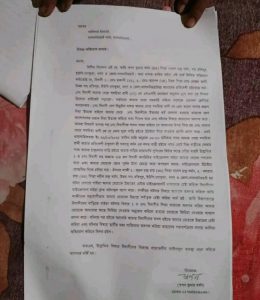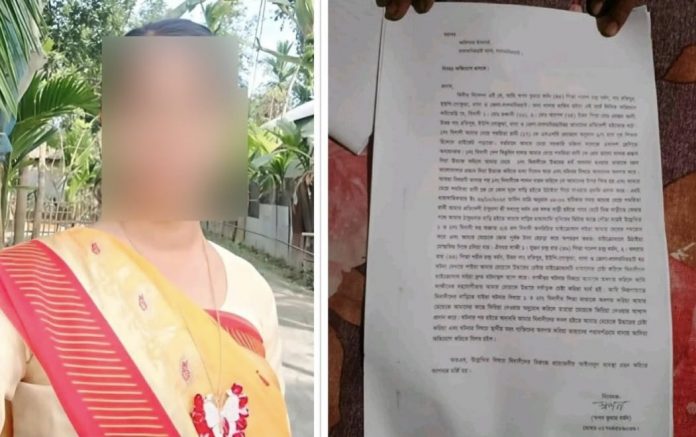In a grim sign of the deteriorating security of Hindu minorities in Bangladesh, a 17-year-old Hindu minor schoolgirl, Shomorita Rani, was reportedly kidnapped by some local Muslim youths from Ratipur village in Lalmonirhat district on the evening of 26 October 2025. A complaint was lodged by her father, Swapan Kumar Barman, which raises an alarming trend happening across Bangladesh, in which young minor Hindu girls are targeted, coerced, and often forced into religious conversion or marriage.

As per the police report, the prime suspect, Mohammed Robbani, 26, had earlier worked as Shomorita’s private tutor when she was preparing for her SSC exams. During this time, Robbani reportedly developed romantic feelings for her, though there was clear rejection expressed on Shomorita’s part and that of her family. Upon refusal, on grounds of their different religions and impossibility of continuing the relationship, Robbani reportedly became hostile and started threatening her.
It is learnt that on the fateful night of kidnapping, Shomorita was on her way to her home from her grandfather Shri Shudhangshu Barman’s house when some miscreants attacked her near a local homestead and forced her into a microbus. The accused Robbani along with his brother Mohammed Aple, 24, and some unidentified accomplices fled towards the Mostafir area. Locals Sujon Chandra Roy and Boloram Roy witnessed the kidnapping and tried to intercept, but kidnappers managed to escape. Shomorita remains untraced despite desperate efforts by the family and community.
The family of the accused has promised to “return the girl soon” when contacted, but nothing has been done so far. Her family is seeking justice and the safe return of their daughter.
Unfortunately, this is not an isolated incident. Abduction, forced conversion, and forced marriage of Hindu and other non-Muslim girls have long been documented by human rights organizations and minority rights groups as rising throughout rural Bangladesh. These crimes are often enabled by local Islamist networks that operate with impunity due to political protection, social pressure, or police inaction.

Each case represents a devastated family and a young girl robbed of her dignity, safety, and freedom. Victims who have been abducted are usually quickly converted, given new Muslim names, and forced to marry their abductors, after which recovery through the legal system is all but impossible. Even when complaints are filed by the families, law enforcement rarely pursues those accused with the urgency the situation demands.
The case of Shomorita Rani is representative of the greater societal problem of increased radicalization against the most vulnerable members of the Hindu minority in Bangladesh. Such quiet destruction of culture and faith will continue, undermining the pluralistic spirit, unless authorities take decisive and impartial action. For Swapan Kumar Barman, like many others, justice involves something more than rescuing a daughter; rather, it is reclaiming a fast-eroding sense of security and belonging in the land of their ancestors.
